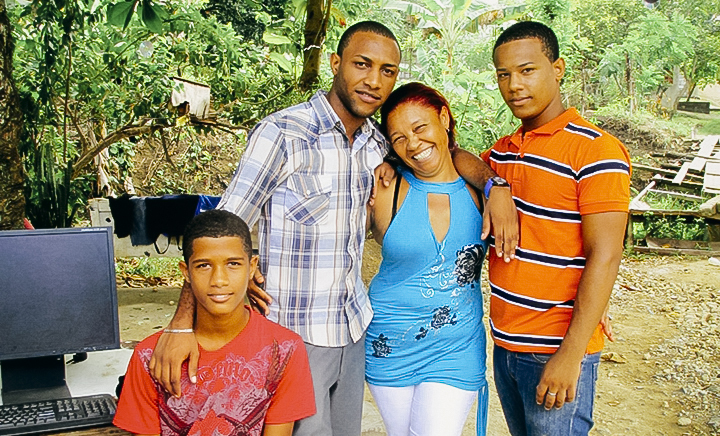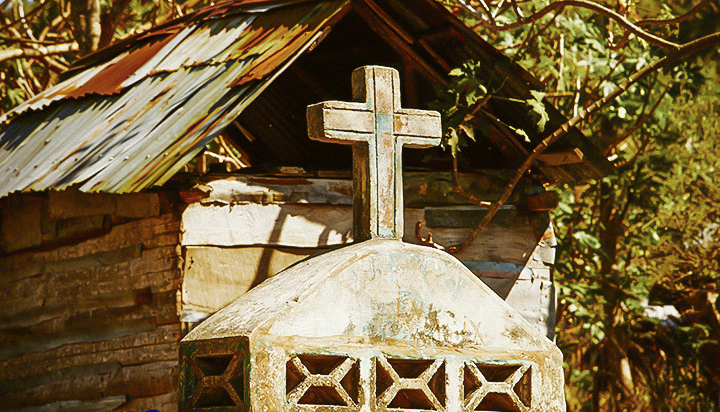by Brant Wilson, Seventh Grader and Experience HOPE Trip Participant
In January, Doug and Amy Wilson traveled with their three sons—Brant (11), Sam (9), and Nate (8)—to the Dominican Republic on an Experience HOPE Trip to learn more as a family about global poverty and ways to address it. Since returning from the D.R., Brant (pictured above, second from left) has spoken on a number of occasions about his experience, and here he shares how the trip shaped his perspective on poverty.
In January of this year, my family and I were sitting in our airplane in Indianapolis, waiting for takeoff. We were first going to fly to New York, then from there we would go to the Dominican Republic. At this point our whole family didn’t really know what to expect, or at least I know I didn’t. It was as if we were about to walk into a cave. We knew we were going in, and we knew nothing bad would happen, but we couldn’t see what was in there. We were venturing into the unknown.
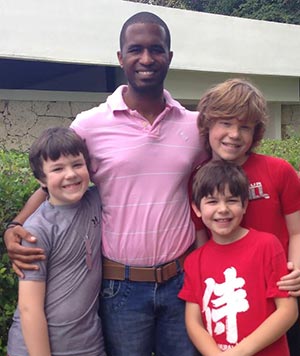 While in the D.R. we were transported in an old school bus. We traveled on dirt roads, feeling every ditch and crevice, and headed to our first bank meeting. As we pulled into the town, I was shocked by the poverty. Every floor literally was dirt, and the roofs were made out of that wavily bent metal that you pretty much only see on roofs of small huts. As we came to a stop, many Dominican children peered into the windows of our bus, some jumping up and down in excitement. As we were exiting the bus, I remarked to my mom, “I thought this was only in the movies.”
While in the D.R. we were transported in an old school bus. We traveled on dirt roads, feeling every ditch and crevice, and headed to our first bank meeting. As we pulled into the town, I was shocked by the poverty. Every floor literally was dirt, and the roofs were made out of that wavily bent metal that you pretty much only see on roofs of small huts. As we came to a stop, many Dominican children peered into the windows of our bus, some jumping up and down in excitement. As we were exiting the bus, I remarked to my mom, “I thought this was only in the movies.”
This brings me to my second point. The people we met in the D.R. are, in many ways, very different than us. We don’t ever really see poverty like that, except in the movies. None of us have to worry about the kitchen floor turning to mud every time it rains or all the flies on our food. One of the biggest things that I noticed, though, was how similar we are. Before I went there, I guess I didn’t really view them as people; I viewed them more as numbers. But when I was with Dominicans and heard them speak and saw them play and learn at school, I realized that there really isn’t much difference between myself and them. They all have passions, hobbies, personalities, dreams, and hope. Yes, hope!
This was, I thought, the most amazing part of the trip. No one I met was in despair at their conditions. They all had hope. They all were ready for change, and they all knew what it would take. They knew they would have to work, and they knew it would be hard, but they knew they could do it. This is something we–we who think we have everything compared to them–need. No one I have ever met has had such a beautiful desire in their heart for anything. So next time you look at a chart about poverty, or hear someone talk about how much you have compared to those people, I encourage you not to think about them as numbers, but as people, people that you could probably learn a lesson from. A lesson about hope.
Visit HOPE’s website to learn more about how you and your family can participate in a similar Experience HOPE Trip.
 Brant Wilson is a seventh grader at The Oaks Academy, a Christ-centered school in Indianapolis, IN, that is intentionally racially and economically diverse. He loves music, writing, and most of all, his friends.
Brant Wilson is a seventh grader at The Oaks Academy, a Christ-centered school in Indianapolis, IN, that is intentionally racially and economically diverse. He loves music, writing, and most of all, his friends.






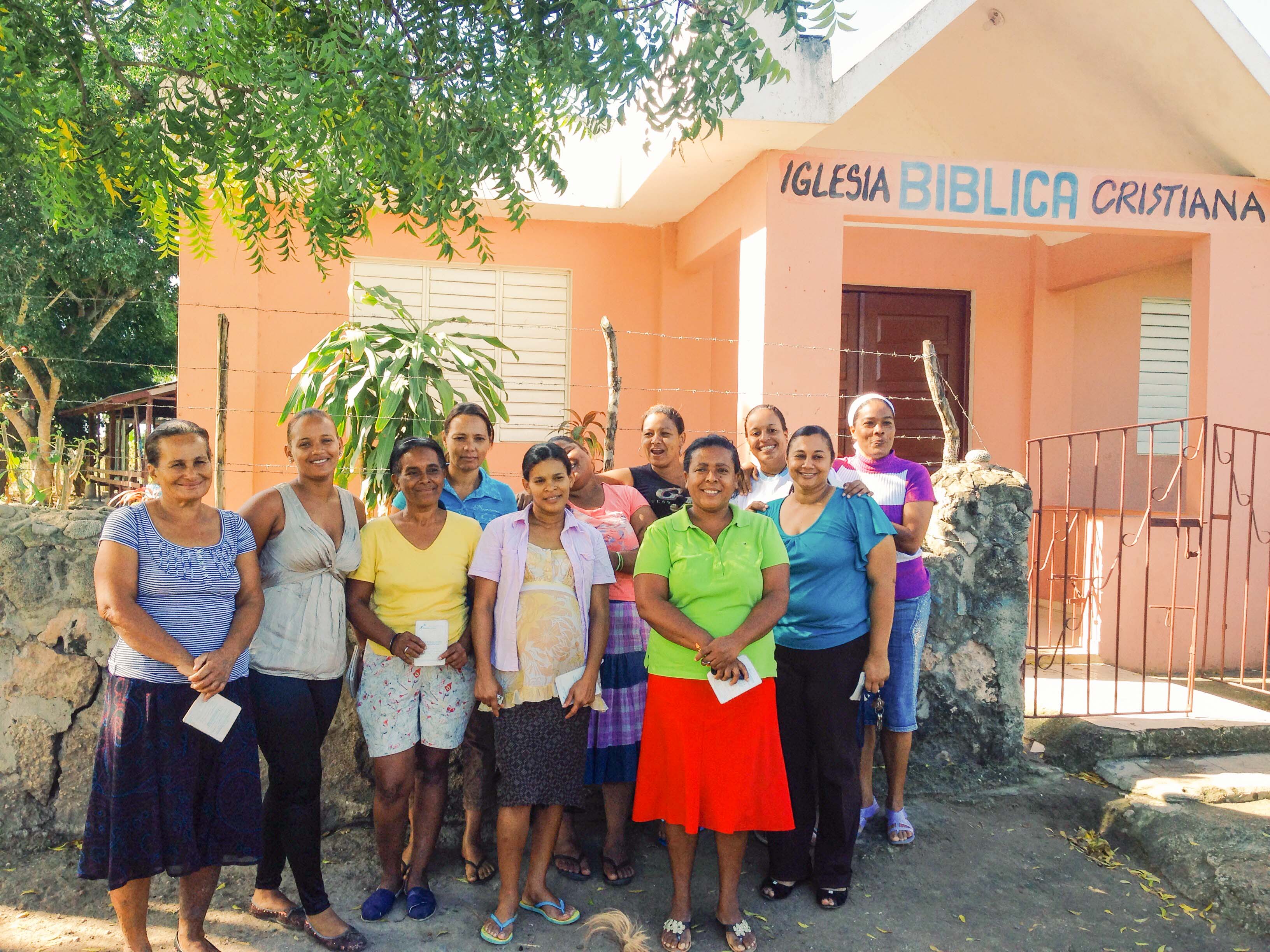

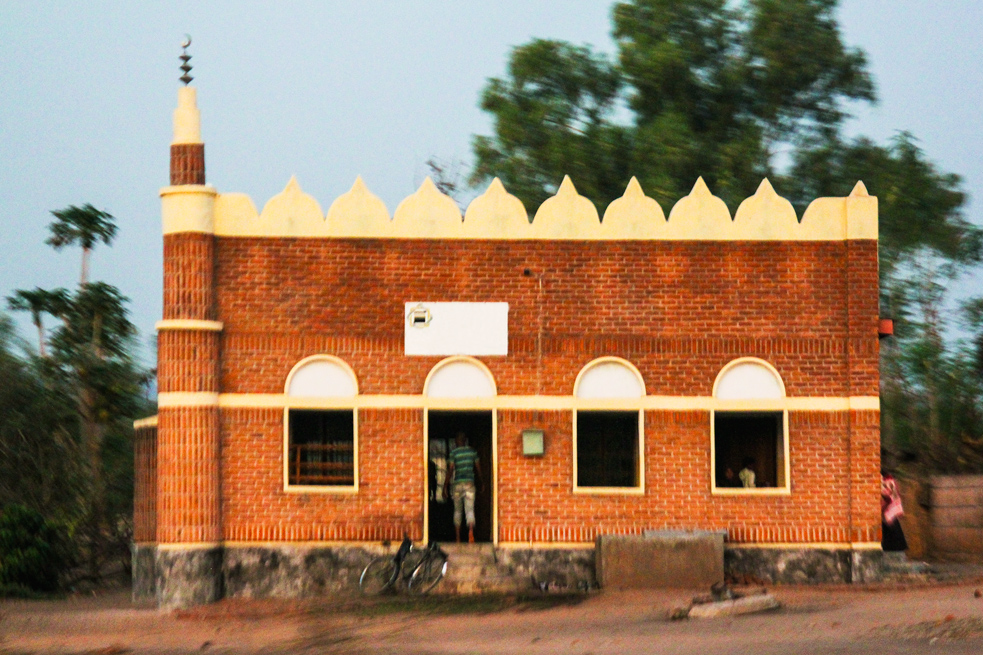
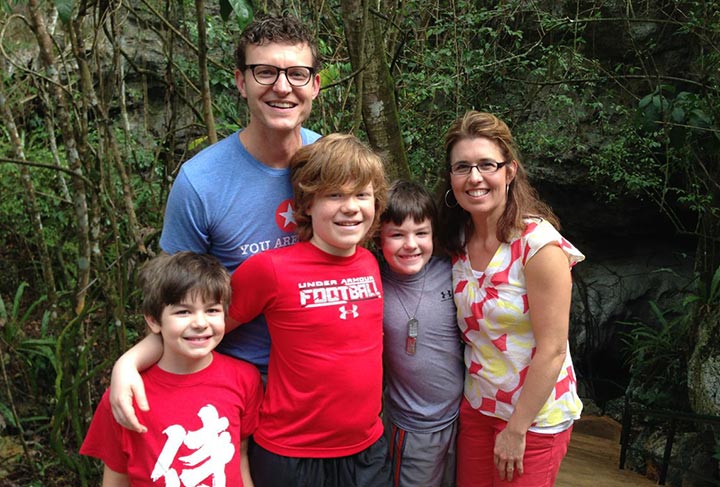
 While in the D.R. we were transported in an old school bus. We traveled on dirt roads, feeling every ditch and crevice, and headed to our first bank meeting. As we pulled into the town, I was shocked by the poverty. Every floor literally was dirt, and the roofs were made out of that wavily bent metal that you pretty much only see on roofs of small huts. As we came to a stop, many Dominican children peered into the windows of our bus, some jumping up and down in excitement. As we were exiting the bus, I remarked to my mom, “I thought this was only in the movies.”
While in the D.R. we were transported in an old school bus. We traveled on dirt roads, feeling every ditch and crevice, and headed to our first bank meeting. As we pulled into the town, I was shocked by the poverty. Every floor literally was dirt, and the roofs were made out of that wavily bent metal that you pretty much only see on roofs of small huts. As we came to a stop, many Dominican children peered into the windows of our bus, some jumping up and down in excitement. As we were exiting the bus, I remarked to my mom, “I thought this was only in the movies.” Brant Wilson is a seventh grader at The Oaks Academy, a Christ-centered school in Indianapolis, IN, that is intentionally racially and economically diverse. He loves music, writing, and most of all, his friends.
Brant Wilson is a seventh grader at The Oaks Academy, a Christ-centered school in Indianapolis, IN, that is intentionally racially and economically diverse. He loves music, writing, and most of all, his friends. 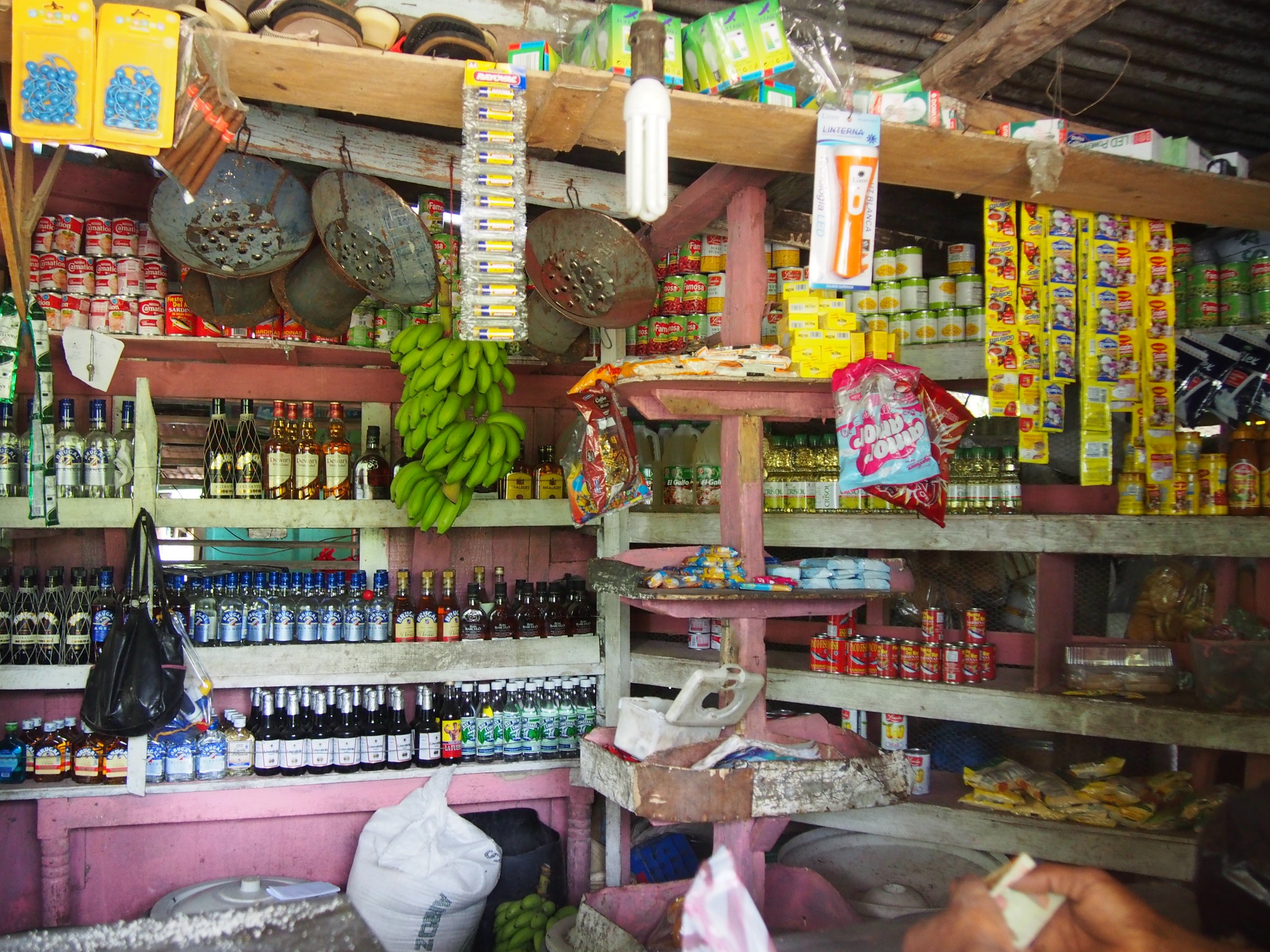
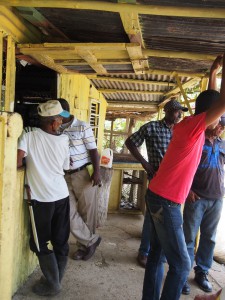 At times they share a just-purchased snack or drink, or perhaps they start a game of dominoes or chess (can you imagine a chess match going on inside your local 7-Eleven?). Many colmados keep these games behind the counter and let you borrow them, along with a few plastic chairs; a game will often draw a crowd of spectators.
At times they share a just-purchased snack or drink, or perhaps they start a game of dominoes or chess (can you imagine a chess match going on inside your local 7-Eleven?). Many colmados keep these games behind the counter and let you borrow them, along with a few plastic chairs; a game will often draw a crowd of spectators.